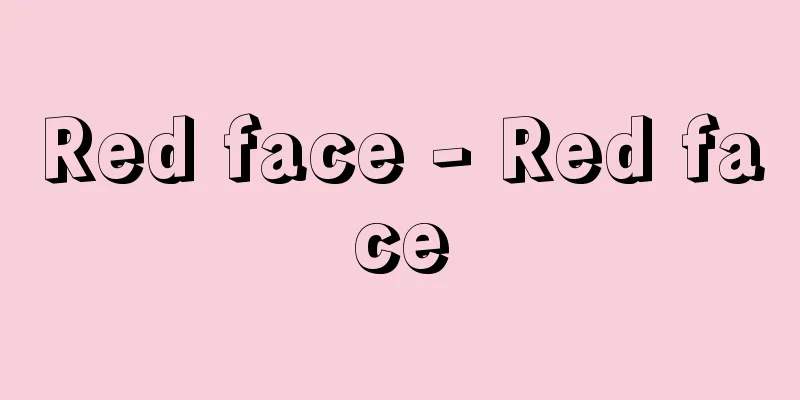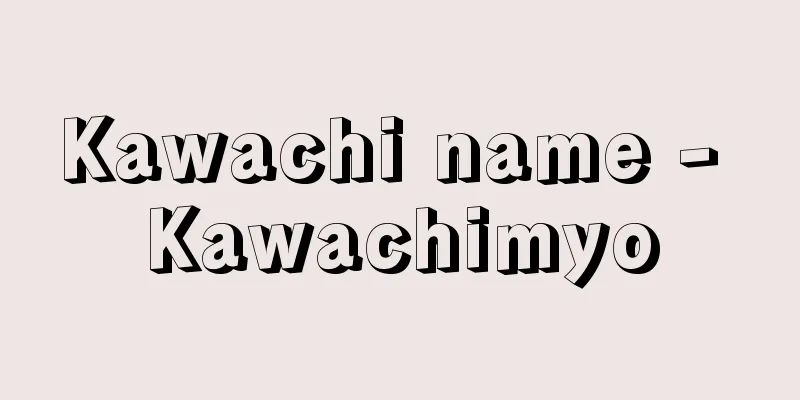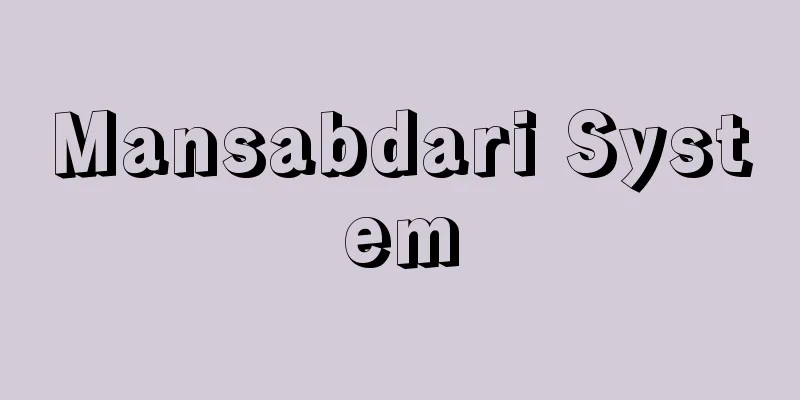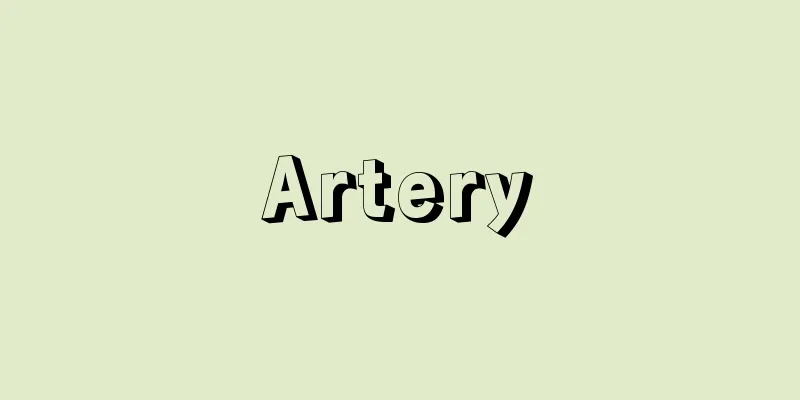Instrumentum

|
… The concept of a musical instrument as we commonly use it corresponds to the European words “instrument” or “organon.” The former comes from the Latin “instrumentum,” meaning a tool, and the latter from the Greek “organon” and Latin “organum,” meaning an organ. Since the Renaissance in Europe, music has been broadly divided into vocal music made by the human voice and instrumental music made by musical instruments. … *Some of the terminology that mentions "instrumentum" is listed below. Source | Heibonsha World Encyclopedia 2nd Edition | Information |
|
… 我々がふつうに使う〈楽器〉の概念は,ヨーロッパ系言語の〈インストルメント〉または〈オルガノン〉に相当する。前者は道具を意味するラテン語instrumentum,後者は器官を意味するギリシア語organon,ラテン語organumに,それぞれ由来する。 ヨーロッパではルネサンス以後,音楽を人間の声による声楽と楽器による器楽とに大別してきた。… ※「instrumentum」について言及している用語解説の一部を掲載しています。 出典|株式会社平凡社世界大百科事典 第2版について | 情報 |
Recommend
Zog
Albanian politician. King of Albania as Zog I (rei...
"Dutch Earth Illustration" - Holland Earth Illustration
…Japanese astronomy, which had traditionally foll...
Aidu, AA - Aidu
…However, the movement to redefine popular histor...
Rhenium sulfide - rhenium sulfide
Compounds of rhenium and sulfur include rhenium su...
Tachibana Bay
An arc-shaped bay in the southeastern part of Naga...
Markhor - Markhor (English spelling)
It is an animal of the order Artiodactyla, family...
Kowalewski, G.
...The knight is a knight that can jump in any of...
True story - Jitsuroku
〘 noun 〙① (━suru) To record something that actuall...
Tonkin (English spelling)
A historical name for the area in northern Vietnam...
Asia vision (English)
A network for exchanging news via satellite within...
Belfry
… [Hibino Takeo] [Western] A bell tower stands be...
Mafriano (English spelling) [Italy]
The title of bishop second only to Patriarch in th...
Agapanthus
...A semi-cold-tolerant perennial plant of the li...
Farmers' profits
A book on agriculture. Okura Nagatsune's debu...
Fox tuna - Fox tuna
→ Bonito Source: Shogakukan Encyclopedia Nipponic...









